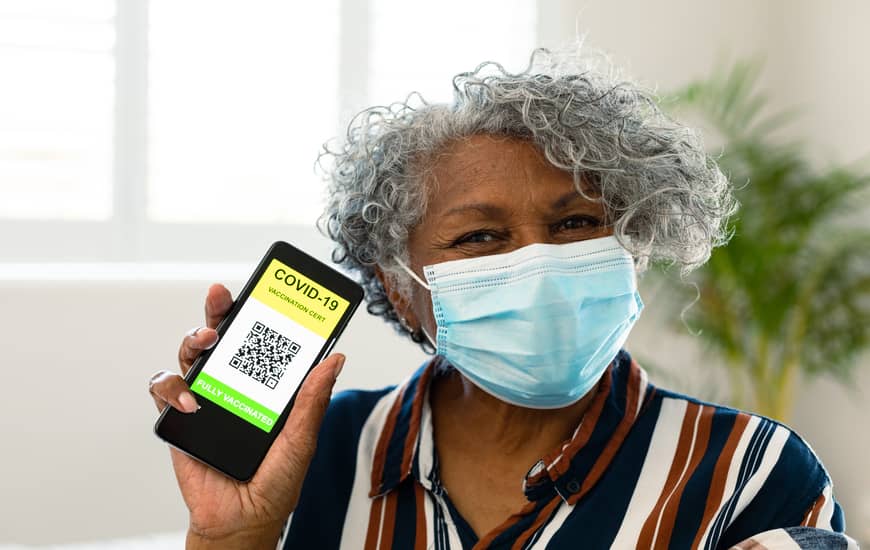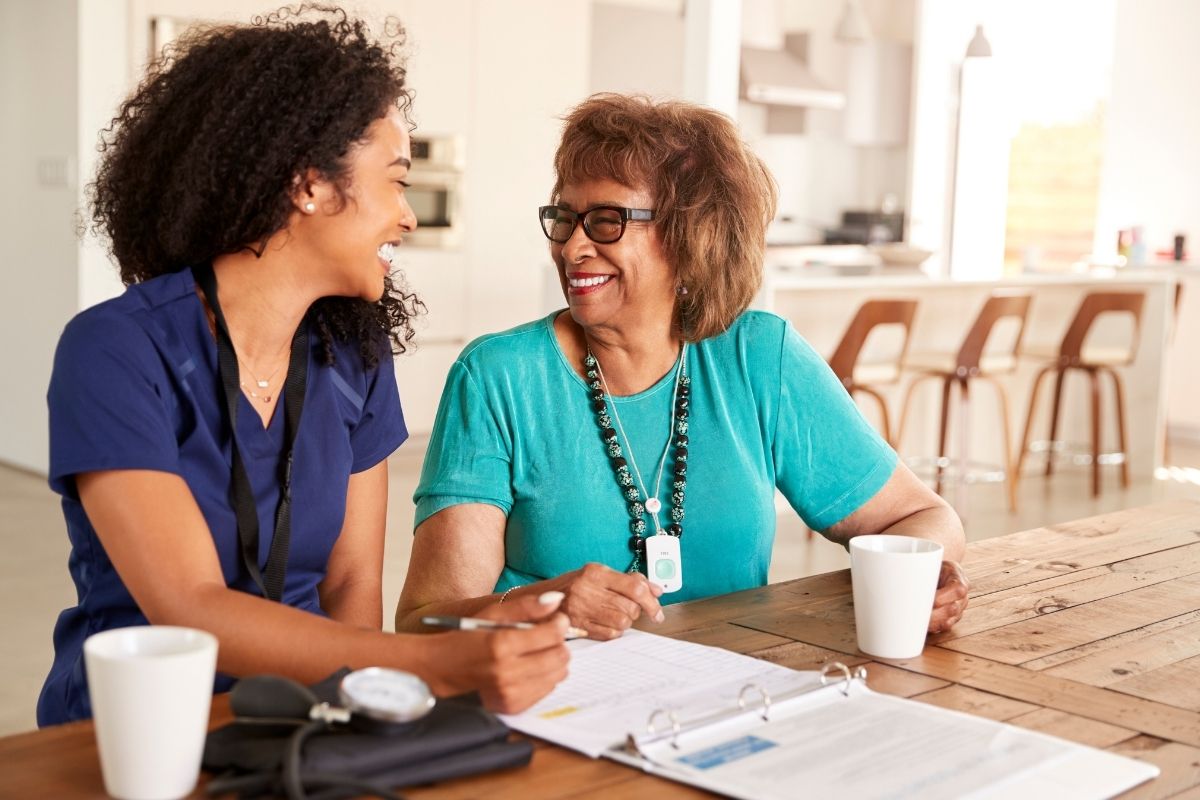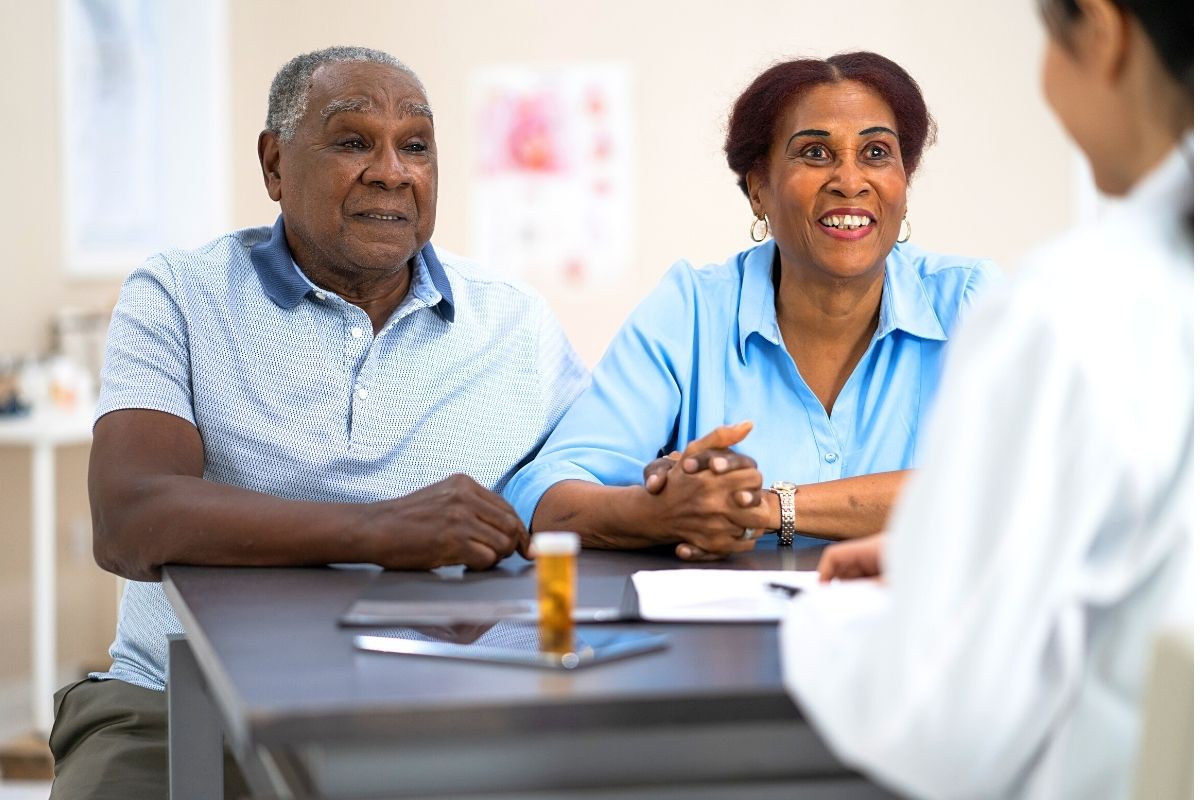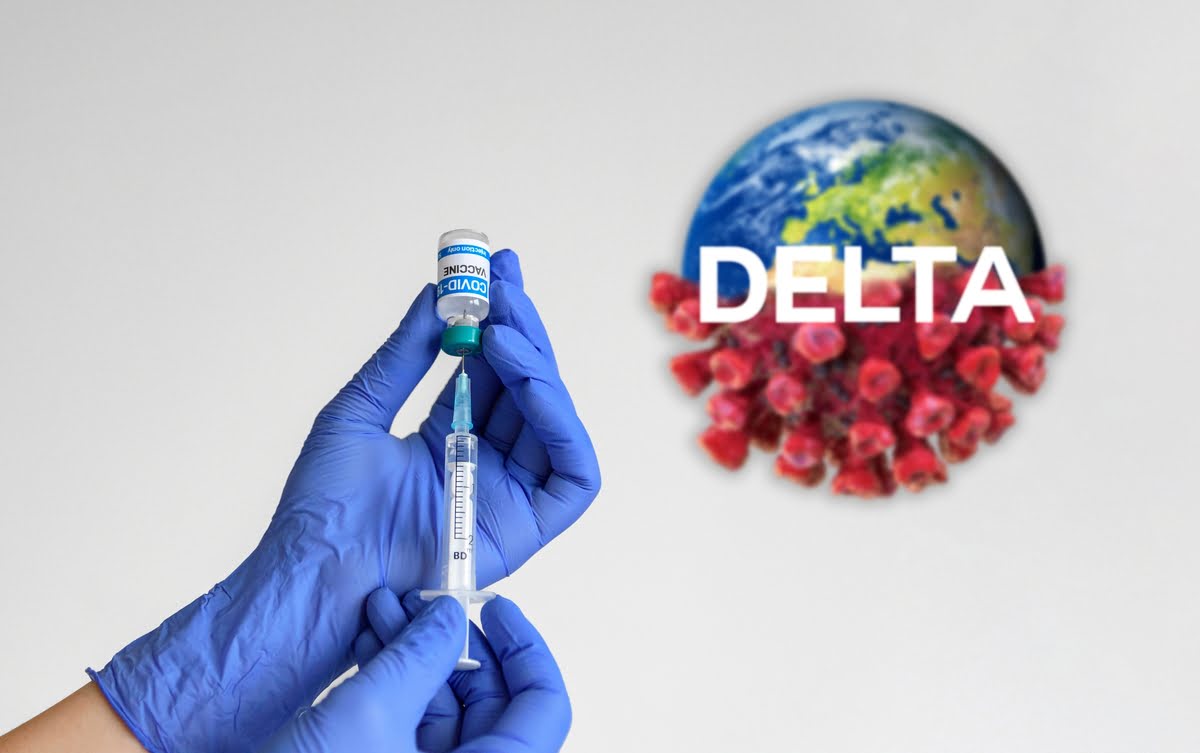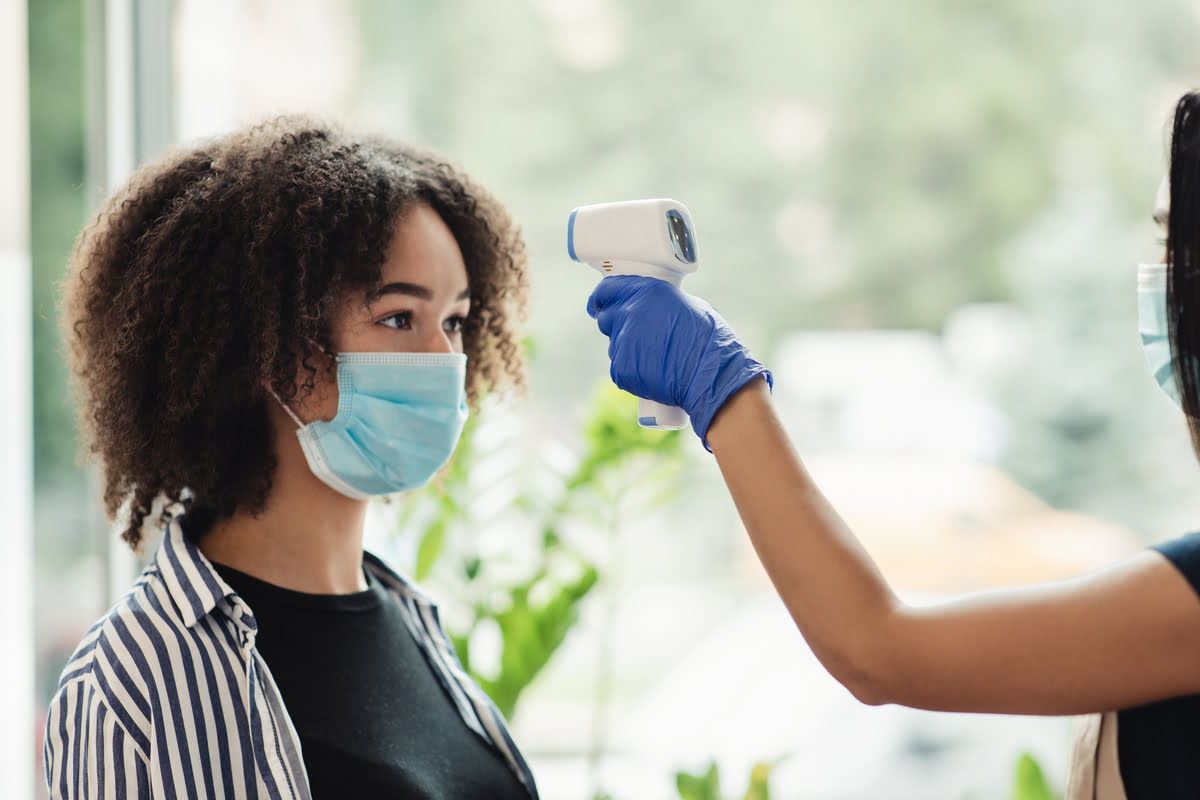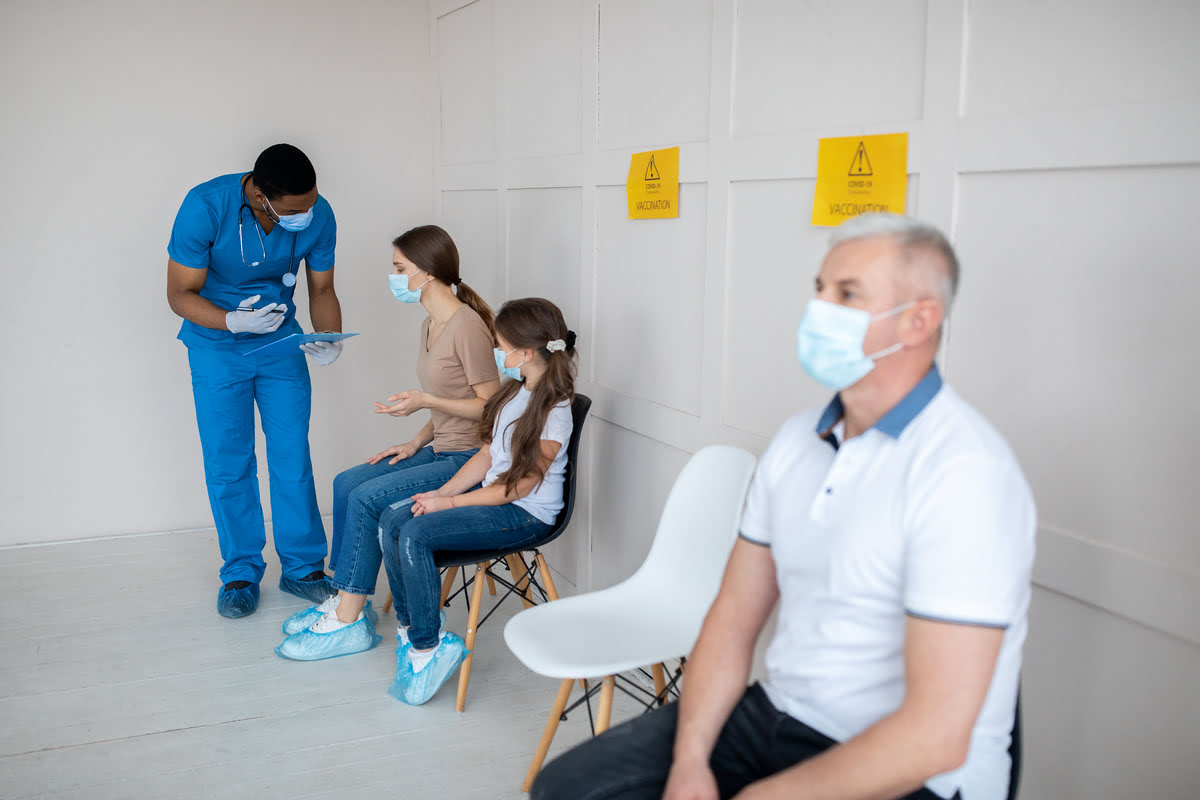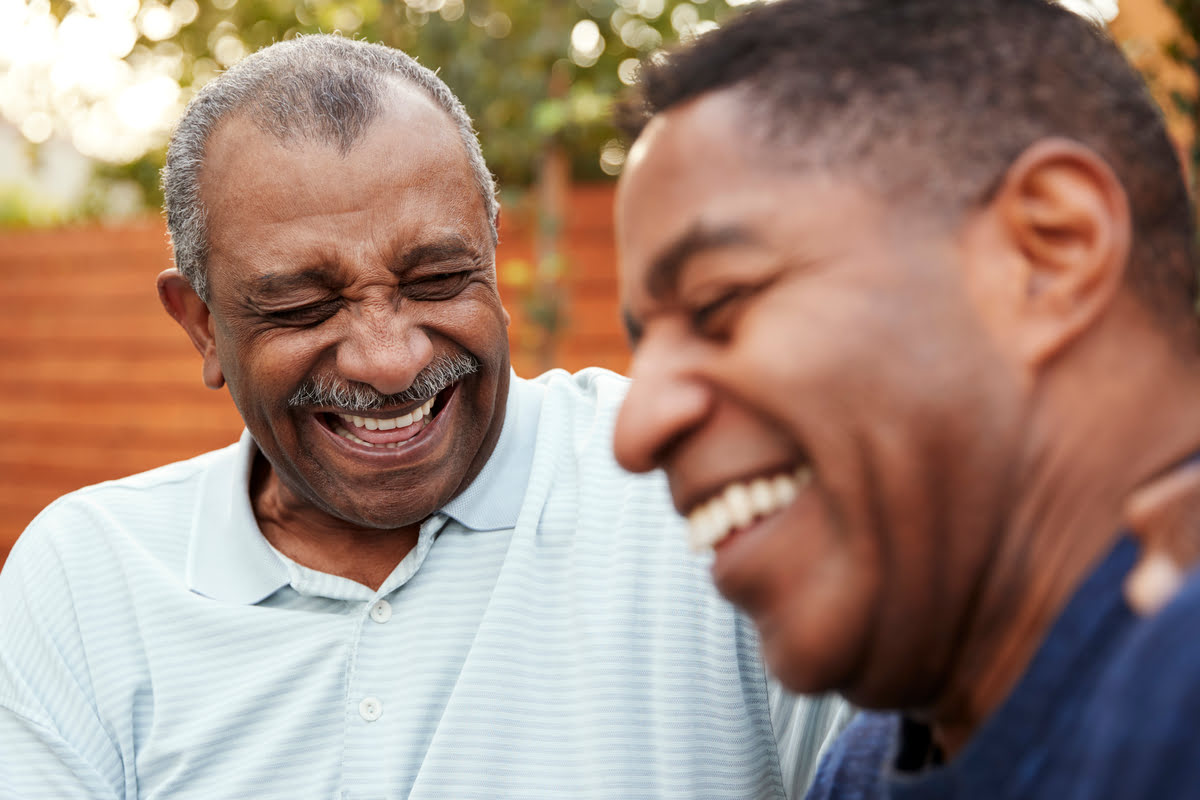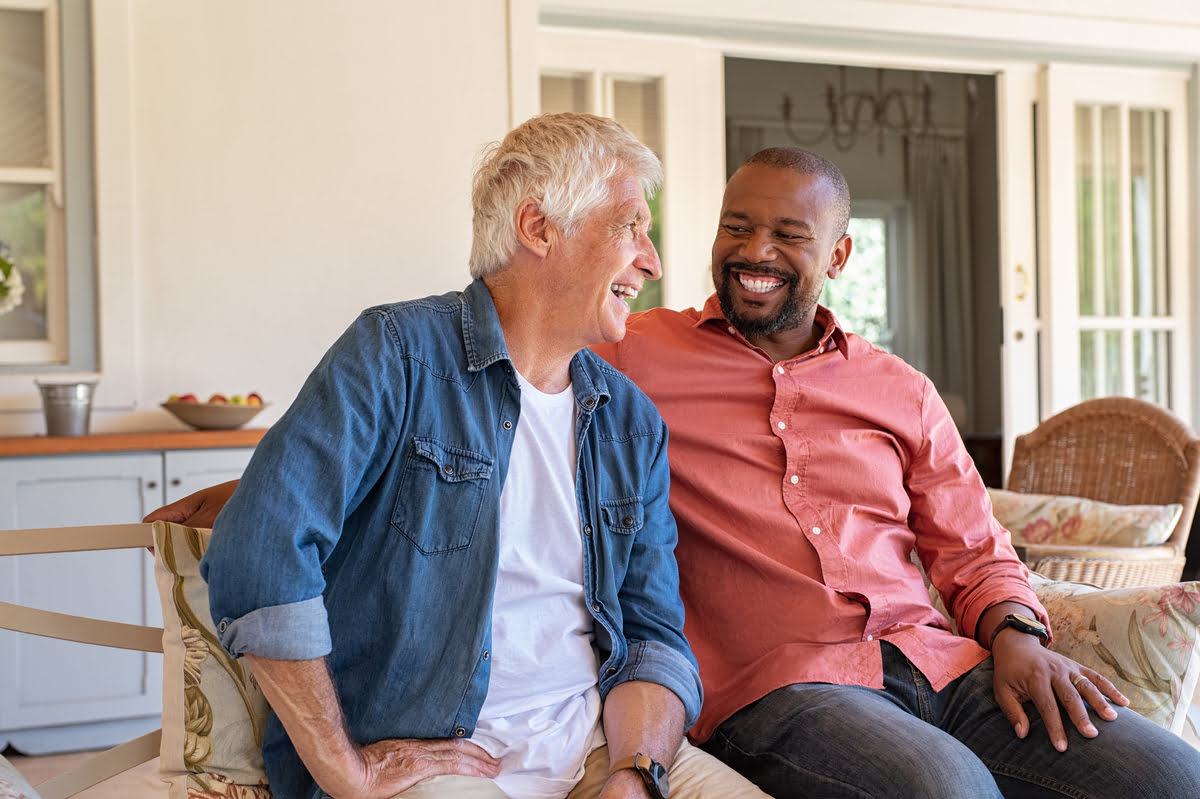The Omicron variant of coronavirus comprised only 3% of all cases in the United States this past week. This variant is now the dominant strain of the virus. South Africa and several other nations have also revealed Omicron has quickly become the dominant variant of the virus in less than a month’s time. This rapid spread is concerning to say the least.
It is clear that Omicron spreads faster than Delta and other variants. However, the good news is that the early data indicates Omicron symptoms are not as severe as those of Delta and the original strain of the virus. Here’s a closer look at everything you need to know about Omicron.
Omicron is Worth Taking Seriously
Governments and businesses around the world are afraid of Omicron for good reason. This variant of COVID-19 is highly contagious and potentially deadly, especially when transmitted to those who have not been vaccinated. Though preliminary data from Johnson & Johnson and Pfizer indicates their booster shots aren’t as effective against the Omicron variant as hoped, Moderna representatives revealed their booster is quite effective against the variant.
It is clear that the best protection against Omicron is full vaccination including a booster shot. Though President Biden and other world leaders are certainly stressed by the lightning-quick spread of Omicron, they do not believe it is cause for panic, especially if the percentage of vaccine-boosted individuals continues to climb.
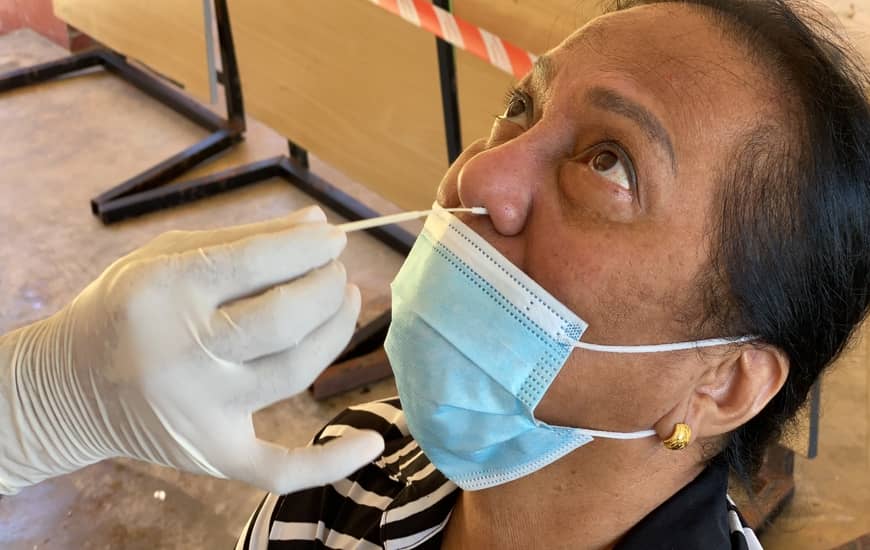
Omicron Data is Slowly Trickling In
Aside from the slightly diminished severity yet heightened transmission rate when compared to Delta and other coronavirus strains, not much else is known about Omicron. The data about this new variant is expanded with each passing day yet it will take some time to gauge whether Omicron should spur lockdowns and forced vaccinations for entry into businesses, public spaces, and other buildings. The United States federal government has responded to the initial data by encouraging Americans to get tested for the variant prior to socializing with family during the holiday season.
Big Pharma’s Response
Through Moderna executives are adamant their booster shot is effective against Omicron, the limited data released by Johnson & Johnson and Pfizer isn’t as reassuring. The heads of all three pharmaceutical giants have indicated they are prepared to reformulate their vaccines to better mitigate the impact of the Omicron variant of the virus. Furthermore, the United Nations’ World Health Organization has stated the Omicron variant’s risk to the worldwide populace is “very high” based on analysis of early data.
Moderna’s initial booster data derived from lab testing indicates the half-dose boost jab heightens neutralizing antibodies by nearly 40x. A Moderna booster of a full dose is that much stronger, spiking antibody levels by an impressive 83x. However, it must be noted the full-dose booster of Moderna has more severe side effects than those provided by Pfizer and Johnson & Johnson. If Omicron continues to spread throughout the United States and the rest of the world, it is possible that Moderna’s full-dose shot will be used as a booster instead of the half-dose booster.
Coordinate Home Care Through AmeriBest Home Care Today
AmeriBest’s Philadelphia home care specialists are here for the senior in your life. Reach out to us today to find out more about our services. You can reach AmeriBest by phone at 1-800-HOMECARE. If you prefer to reach us online, fill out our contact form, or send a message to our team at info@ameribest.org.

